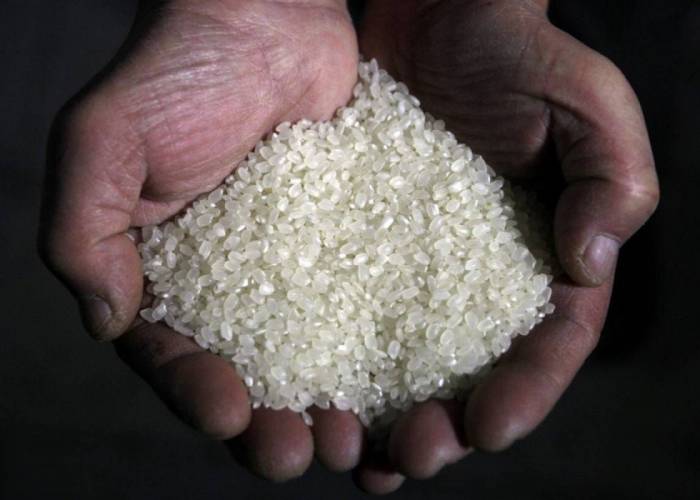A significant discussion is underway on the regime’s media sites regarding India’s decision to suspend its rice exports and its potential impact on prices in the Syrian market. It has been confirmed that the price of a kilo of rice is expected to rise significantly in the coming period, particularly with Russia’s announcement of a ban on rice exports until the end of this year.
Abdul Razzaq Habza, the secretary of the Consumer Protection Association, highlighted that while Syria does not solely rely on rice imports from India and Russia, there are several other countries, such as Egypt and Spain, from which rice is imported. However, the problem lies in the global rise in rice prices caused by the suspension of India and Russia’s exports, which will inevitably affect prices in the Syrian market.
Iran’s Credit Line Provides Syria with Two Million Barrels of Oil Per Month
In a statement to the pro-regime Athr Press website, Habza emphasized that the impact on the Syrian market will be partial, but he also pointed out that rice prices had already risen abnormally before India and Russia announced their decision to ban exports. He accused traders of immediately monopolizing the material and raising its price.
Habza further explained that Syrian markets tend to have a larger than expected impact on global price increases due to the complexities of import operations, exchange rate fluctuations, and traders’ fear of market collapse. As a result, they often expect the worst and raise prices.
As of now, the prices of rice in the Syrian market have reached around 15,000 SYP per kilo for the middle quality, compared to 12,000 SYP two weeks ago.
This article was translated and edited by The Syrian Observer. The Syrian Observer has not verified the content of this story. Responsibility for the information and views set out in this article lies entirely with the author.


